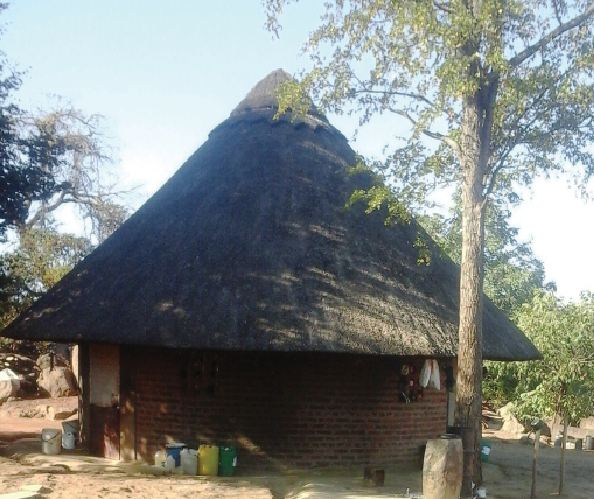
A WATERBORNE disease outbreak is looming at Beitbridge-based Drummond Ranch following revelations that workers are forced to drink unpurified water from an inland dam at the farm.
BY NKULULEKO SIBANDA IN BEITBRIDGE

The workers also live in squalid, overcrowded quarters devoid of privacy. The farm, situated about 100km from the border town of Beitbridge, is owned by the Drummonds — a family which is a major player in the horticulture and tourism industry.
The family produces horticultural products while also running a hunting and safari business on the same farm. About 180 workers are said to be employed by the Drummond family, with the number said to grow to over 400 when business is at its peak.
Workers told a visiting National Social Security Authority (NSSA) and Horticulture and General Agriculture and Plantation Workers’ Union assessment team on Thursday last week that they were being forced to drink dirty water as the farm owners had failed to set up purification equipment at the farm.
Instead, the farm owners, the workers alleged, had set up a private water purification facility inside the farm house to cater for their own domestic use. The workers said game animals were also drinking from the same dam – a situation they said exposes them to waterborne diseases.
The workers also said they were being made to make-do with accommodation that is poorly ventilated and that they were being squashed into the small compartments at the farm.
A traditional hut, the assessment team witnessed, has been divided into four sub-units which now accommodate 20 people at a time.
- Chamisa under fire over US$120K donation
- Mavhunga puts DeMbare into Chibuku quarterfinals
- Pension funds bet on Cabora Bassa oilfields
- Councils defy govt fire tender directive
Keep Reading
Small holes have been cut on the structures to make for the windows that were not part of the design of the houses. Lazarus Mauche, the NSSA principal occupational safety and health promotions officer for Matabeleland said the authority was worried by the situation at the Drummond Ranch, imploring the owners to act and improve the livelihoods of the workers.
“As NSSA, we get worried when we see this type of situation where water is pumped directly from the dam to workers to drink. We feel there is need for a point where there is purification of the water before it can be given to people to consume and use for domestic purposes,” he said.
“We have always insisted that there should be some purification of some sort of the water that our people drink because raw water, in most instances, carries with it bacteria which, in the end, causes illnesses,” he added. However, director and farm manager David Drummond, threateningly and arrogantly claimed he was drinking the same water as his farm workers.
“I and my family drink the same water. I have not had any health complications despite drinking the same water that you are saying may contain waterborne diseases. Everyone here drinks from the same source and there has been no problem at all,” Drummond said in defence.
On ventilation, Drummond said he feared workers would destroy the windows – a situation he said would leave him counting losses.
“I was afraid I would run a loss because these workers are unable to look after some of these things. If they break the glasses, I will have run a loss and I won’t have the money to replace these windows again,” Drummond said. Mauche’s delegation demanded that Drummond sets up proper ventilation for the workers, adding the current set up was highly improper.
He, however, grudgingly committed himself to fixing the ventilation issue.
“You know that some of these things take time. Development is a process. It is not going to be a one-day event to sort this out. It will take time,” Drummond said.
National Union of Tourism, Leisure, and Allied Works secretary-general Farai Chitsinde, whose organisation lifted the lid of the abuse of workers, said the union was busy trying to engage Drummond to loosen up and change his attitude towards his workers.
“If you look at the situation there, it is really appalling,” Chitsinde said.
“We have an employer who treats his workers like wild animals. On top of that, he is failing to remunerate the workers adequately. In the area where there is the Drummond Ranch, there are other employers whom we have engaged and have agreed to pay their workers in foreign currency. Drummond has refused and has stuck to paying his workers a measly RTGS$220 a month.
“We have agreed that the time to take him head on is now so that he sorts out the issue of accommodation, water and salaries to his workers,” Chitsinde added.











